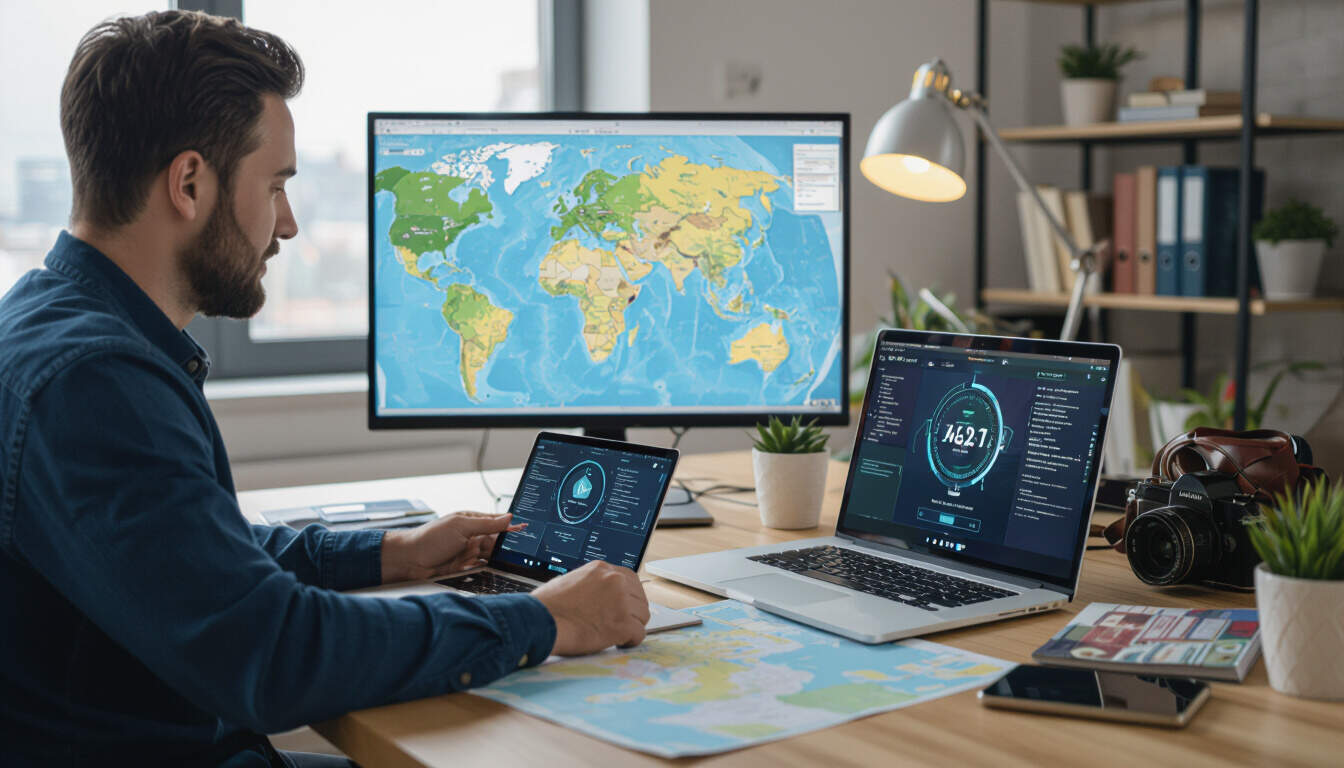No-Code Tools for Validating Travel MVPs
 by Verner Mayer
by Verner Mayer
Discover how no-code tools can help entrepreneurs test travel ideas quickly and affordably. Learn practical strategies to build and validate minimum viable products without coding, saving time and resources for startups in the travel sector.

No-code tools offer a straightforward way for entrepreneurs and product managers to bring travel ideas to life. These platforms allow users to create applications and prototypes without coding, making it easier to focus on core concepts.
For those in the travel industry, validating an MVP can mean testing features like booking systems or itinerary planners. By using no-code platforms, startups can iterate on designs and gather feedback rapidly.
One effective strategy involves selecting the right tools for the job. Platforms like Bubble or Adalo enable users to build functional apps that simulate travel experiences. This approach helps in creating a basic version of a travel app where users can explore destinations virtually.
Another key aspect is data management. Tools such as Airtable provide simple databases to track user interactions and preferences. For a travel MVP, this means collecting information on popular routes or user ratings efficiently.
Consider a practical example: an entrepreneur wants to validate a new app for eco-friendly tours. With no-code tools, they can set up a prototype that includes maps and user profiles in just days. This speeds up the process of getting real user input.
Benefits of No-Code for Travel Startups
Using these tools brings several advantages. First, they reduce costs by eliminating the need for developers. Startups can allocate resources to other areas, like marketing their travel ideas.
Second, no-code platforms offer built-in templates and integrations that save time. For instance, connecting to payment gateways allows for seamless testing of booking features in a travel app.
Finally, these tools promote collaboration. Team members can work together on prototypes without technical barriers, ensuring that the MVP aligns with user needs in the travel space.
Step-by-Step Strategies for Validation
To get started, begin with defining your travel idea clearly. Outline what problem your MVP solves, such as simplifying trip planning.
Next, choose a no-code platform based on your requirements. If you need a mobile app, platforms like Adalo might be ideal. Once selected, use drag-and-drop interfaces to build your prototype.
After building, test the MVP with a small group. Gather data on user engagement, such as how many people use the travel features. Analyze this feedback to make improvements.
Refining your prototype is crucial. Based on initial tests, adjust elements like user interfaces for better navigation in travel scenarios.
As you iterate, keep an eye on metrics that matter. Track sign-ups or session lengths to gauge interest in your travel concept.
Real-World Applications in Travel
In the travel sector, no-code tools have supported various successes. For example, a startup created a platform for virtual tours using simple app builders. This allowed them to validate demand before full development.
Another case involves personalized travel recommendations. By using no-code databases, teams built systems that suggest itineraries based on user inputs.
These examples show how accessible these tools are for non-technical founders. The key is to start small and scale based on validation results.
Motivation for Adoption
Adopting no-code tools can transform how you approach product development. Entrepreneurs often find that testing ideas quickly builds confidence and leads to better outcomes.
For product managers, this means faster cycles of innovation in the travel industry. By focusing on validation first, you avoid investing in ideas that don't resonate.
In summary, no-code tools provide a practical path for validating travel MVPs. With the right strategies, entrepreneurs can turn concepts into tested products, paving the way for growth and success.
